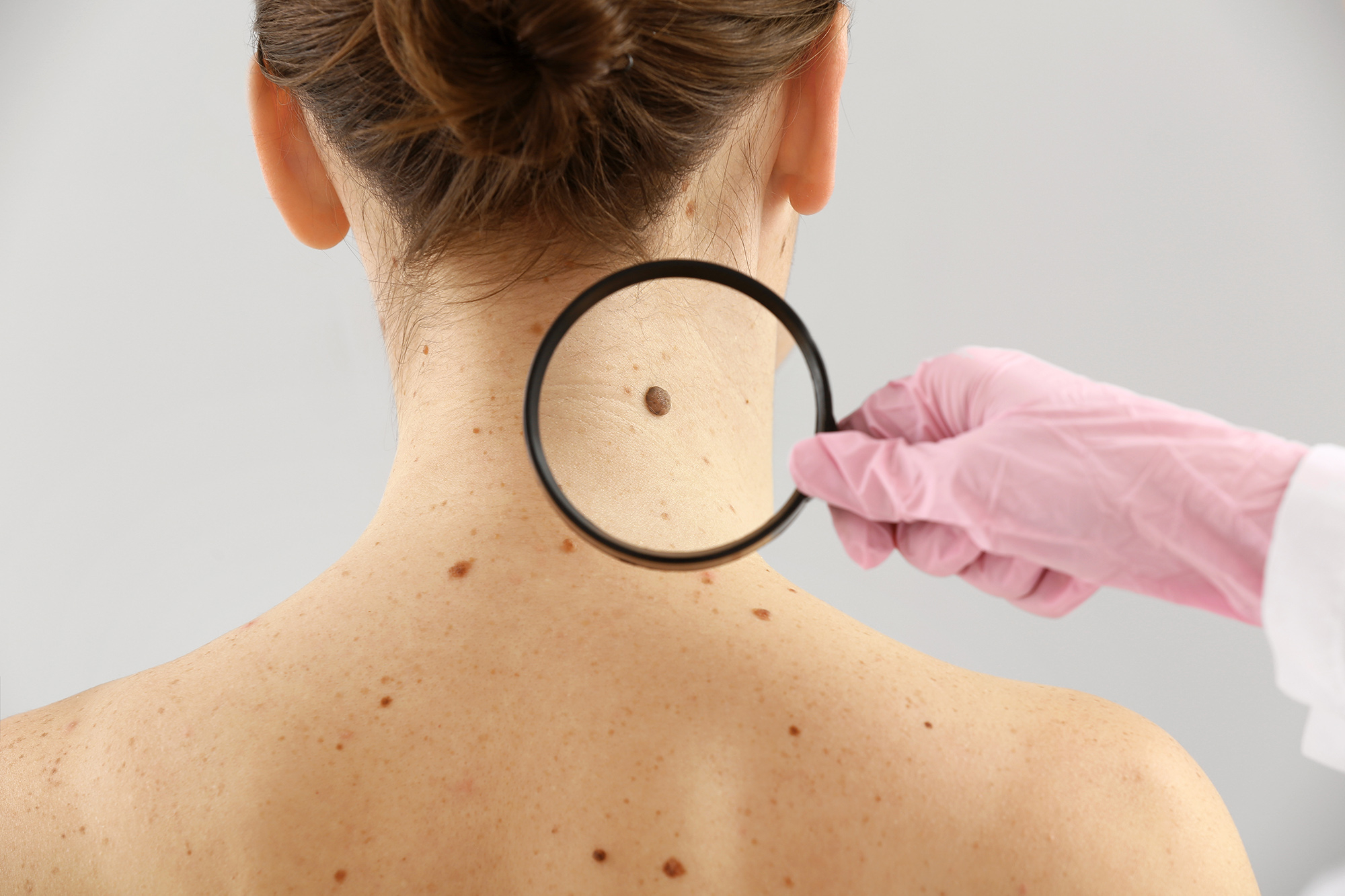The NHS Faster Diagnosis Standard (FDS) requires patients to be diagnosed or have cancer ruled out within 28 days of being referred urgently by their GP for suspected cancer. For patients who are diagnosed with cancer, it means their treatment can begin as soon as possible. For those who do not have cancer, they can have their minds put at rest more quickly.
We are working with our partners in the local health and care system to increase the number of patients diagnosed within 28 days and have funded local initiatives to enable Trusts to work towards the FDS. This includes navigators and expert nurses in tumour sites that have been challenged in providing a faster diagnosis for patients.
